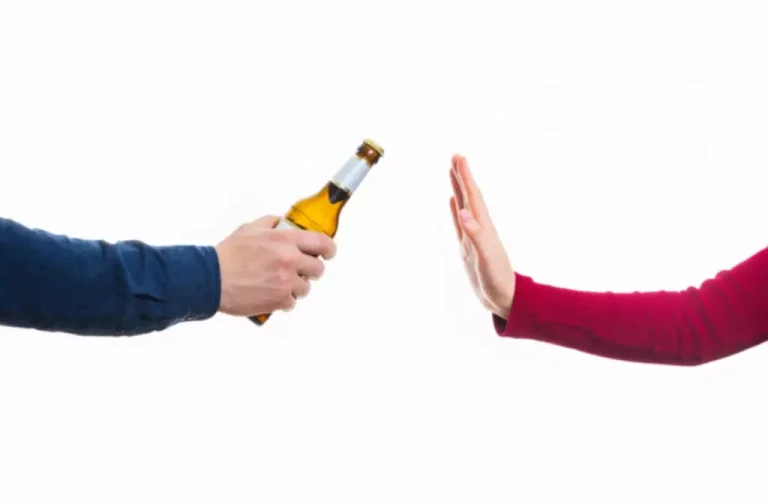The focus of the field is now on pinpointing which molecular effects in specific neurons within a brain region contribute to behavioral changes across the course of acute and chronic ethanol exposure. Given the limitations of current non-invasive human neuroimaging methods, rodent studies have been instrumental in probing the neural circuits of behavior. While AB is difficult to model in rodents, much is known about Pavlovian conditioned responses to reward-predictive cues. For example, mesolimbic dopamine projections from the ventral tegmental area (VTA) to the NAc play a critical role in both Pavlovian conditioning and the expression of conditioned responses [16, 17]. In addition, fast dopamine release events (dopamine transients) commence at the onset of a conditioned cue [18, 19].
- Human and rodent experimental studies show that dopamine receptor antagonists, agonists and partial agonists as well as dopamine stabilizers influencing dopamine transmission, alter alcohol‐mediated behaviours and thus may be potential treatment targets for alcohol dependence.
- Two-factor ANOVAs (stimulation intensity and treatment group) were used for the input–output curve experiments examining dopamine release.
- The brain’s adaptive changes to the continued presence of alcohol result in feelings of discomfort and craving when alcohol consumption is abruptly reduced or discontinued.
- This could be a biochemical marker underlining what some people have called an “addictive personality.” Of course, there are many factors that can drive addiction, and dopamine isn’t the only one.
- Glutamate systems have been known for a long time to be involved in the acute reinforcing actions of alcohol and the effect of alcohol on an organism can be mimicked with the help of NMDA receptor antagonists.[3] Unlike the case with GABA, alcohol inhibits glutamate activity in the brain.
Is There a Way to Quantify the ‘Most’ Dopamine Releasing Drug?
Consequently, alcohol’s effects on serotonin may alter the activity of GABAergic neurons in the hippocampal formation. These changes may disrupt cognition and possibly contribute to alcohol-induced memory loss and impaired judgment. Serotonin’s actions at the synapses normally are tightly regulated by proteins called serotonin transporters, which remove the neurotransmitter from the synaptic cleft after a short period of time by transporting it back into the signal-emitting cell. Consequently, serotonin can affect neighboring neurons only for a short period of time. Any interference with serotonin transporter function extends or diminishes the cells’ exposure to serotonin, thereby disrupting the exquisite timing of nerve signals within the brain. The net result of such disruptions is abnormal brain activity, which can lead to psychological problems or mental illness.
Neurotransmitters in alcoholism: A review of neurobiological and genetic studies
Studies in rodents have demonstrated that alcohol stimulates intestinal inflammation by irritating the stomach and gut, causing the release of the nuclear protein high-mobility group box 1 (HMGB1), which subsequently activate Toll-like receptor 4 (TLR4) and makes the gut “leaky” [80]. This makes alcohol and endotoxins more likely to cross the lining of the gut and travel via the circulation to the liver. Further alcohol metabolism and increases in bacteria cause the liver to produce inflammatory factors such as pro-inflammatory cytokines [81].
Dopamine depletion procedure
"We measured dopamine once every 100 milliseconds during a sequence of fairly simple decisions," Kishida said. Clumsiness – The cerebellum is the part of your brain that is responsible for balance, posture, and speech among other things. Your movements far less smooth and the likeliness that you will lose your balance much higher. Alcohol reaches your brain in only five minutes, and starts to affect you within 10 minutes.
Dopamine as a Treatment Target for Alcoholism
When compared alongside the male macaques from Cohort 2, which did not undergo multiple abstinence periods, we can begin to assess the effect of the abstinence periods on our measured outcomes, as well as, the persistence of these outcomes. For example, the subjects from Cohort 3 demonstrated an escalation in the severity of drinking category following each “relapse” period (Fig. 1E). This effect has been examined in greater detail elsewhere and was found to be driven primarily by the first month of drinking, post abstinence [32]. Nonetheless, it is interesting to note that the previously reported drinking data from Cohort 3 rhesus macaques showed an alcohol deprivation effect-like phenomenon in which subjects robustly increased their ethanol consumption for 1 month following each abstinence period [32]. Furthermore, the trend toward decreased dopamine release in the males with no abstinence might have become significant had those subjects been put through abstinence periods like the male subjects in Cohort 3 of this study. The hypothesis that atypical antipsychotics may decrease alcohol intake are supported by two separate studies with risperidone and olanzapine in high‐alcohol‐preferring rats [154, 155].
It’s based on principles of collaboration, unobstructed discovery, and, most importantly, scientific progression. As PhD students, we found it difficult to access the research we needed, so we decided to create a new Open Access publisher that levels the playing field for scientists across the world. By making research easy to access, and puts the academic needs of the researchers before the business interests of publishers.
Like Fyn, the kinase mTORC2 is specifically activated by alcohol in the DMS of mice [59]. Alcohol-dependent activation of mTORC2 in the DMS promotes F-actin assembly, the formation for mature does alcohol produce dopamine spines and alcohol intake [59]. Moreover, cabergoline, a dopamine D2 receptor agonist, decreased alcohol intake, relapse drinking as well as alcohol‐seeking behaviour in rodents [170].
- The results of the aforementioned study was therefore in complete contrast to the results published by[60] which found a positive correlation of the short (S) allele with binge-drinking behavior, drinking more alcohol per occasion, as well as drinking to get drunk more often.
- The first line of evidence implicating serotonin in the development of alcohol abuse was the discovery of a relationship between alcoholism and the levels of serotonin metabolites in the urine and CSF of human alcoholics.
- This was the gamble outcome, and the participant would "win" either of the two numbers with an equal 50% chance.
- It is classified as a catecholamine (a class of molecules that serve as neurotransmitters and hormones).
- Researchers in Germany found Nalmefene to be an effective and safe tool for reducing alcohol consumption in alcohol-dependent individuals.




